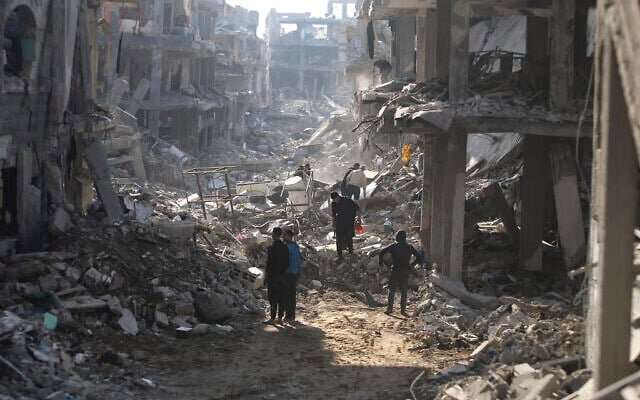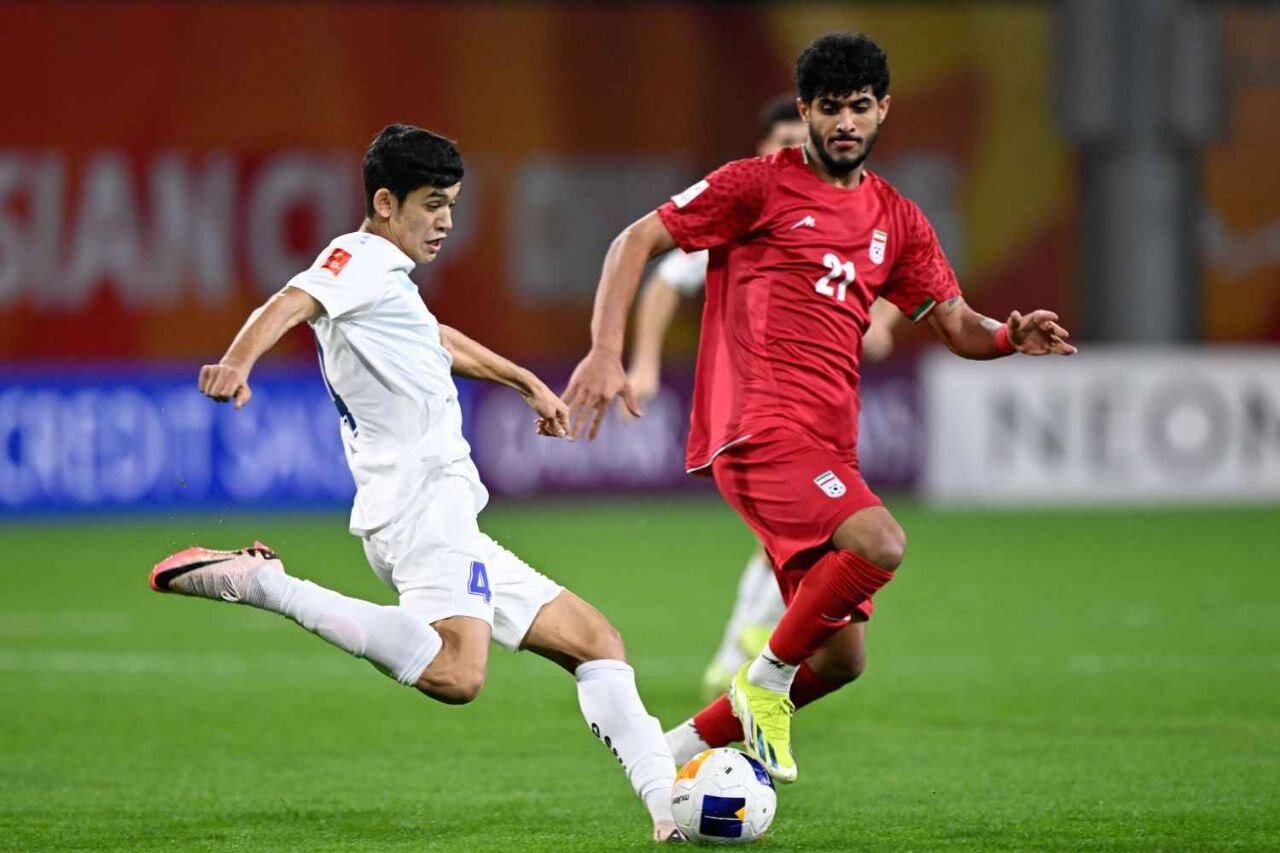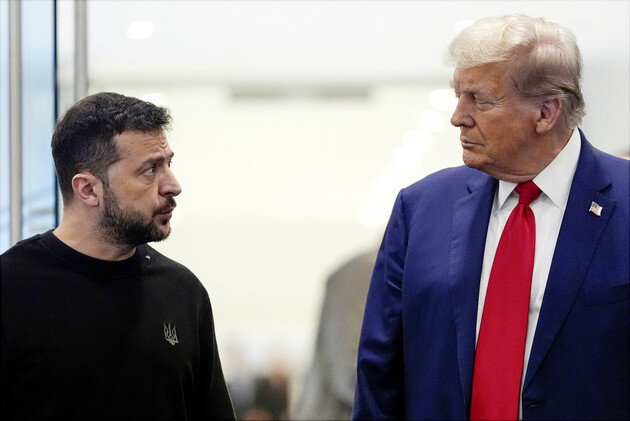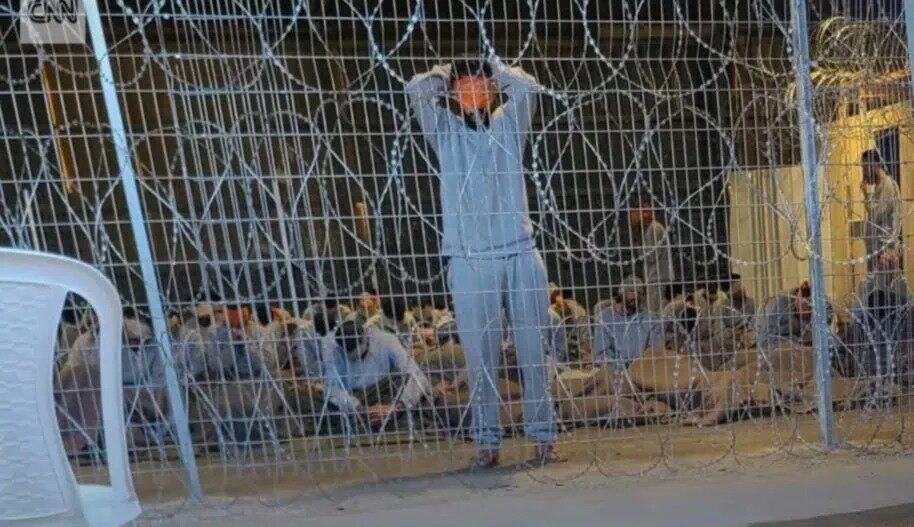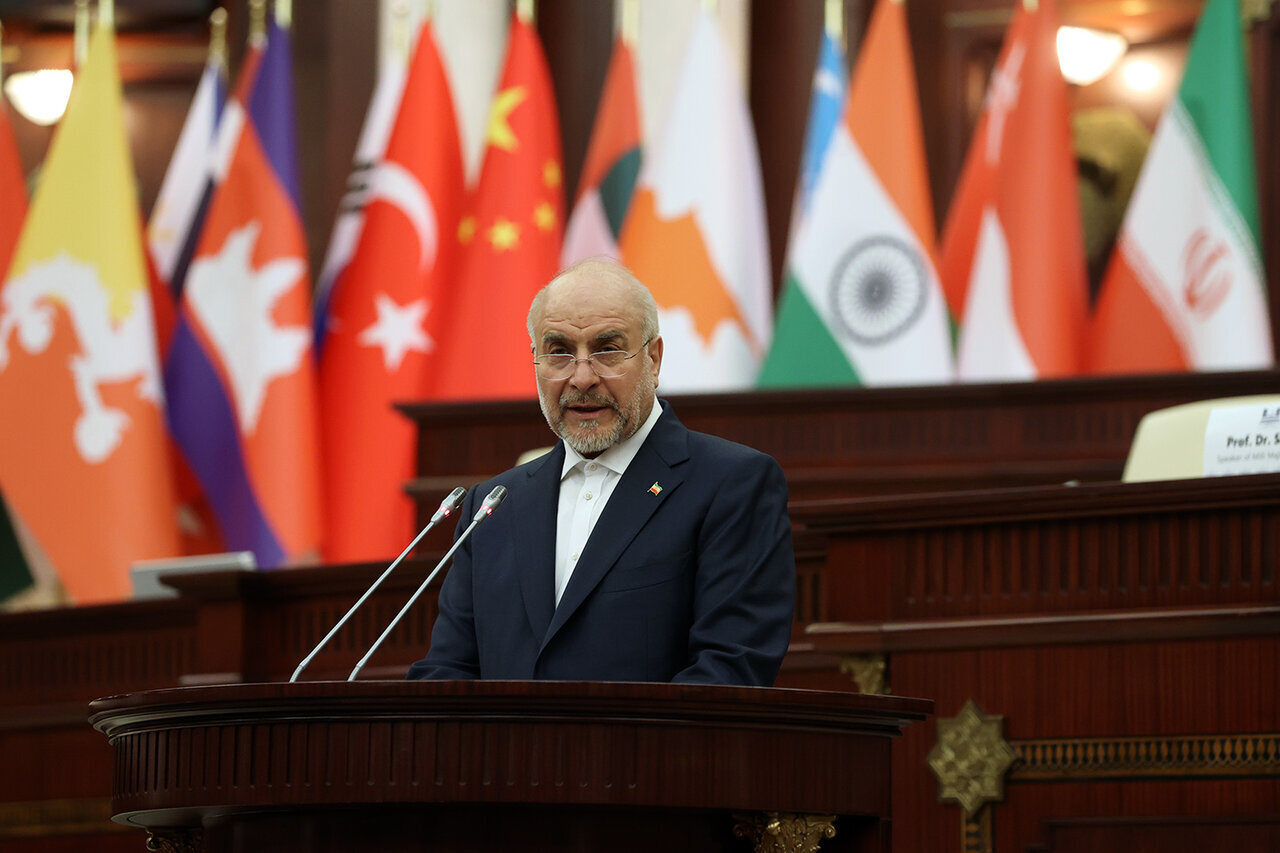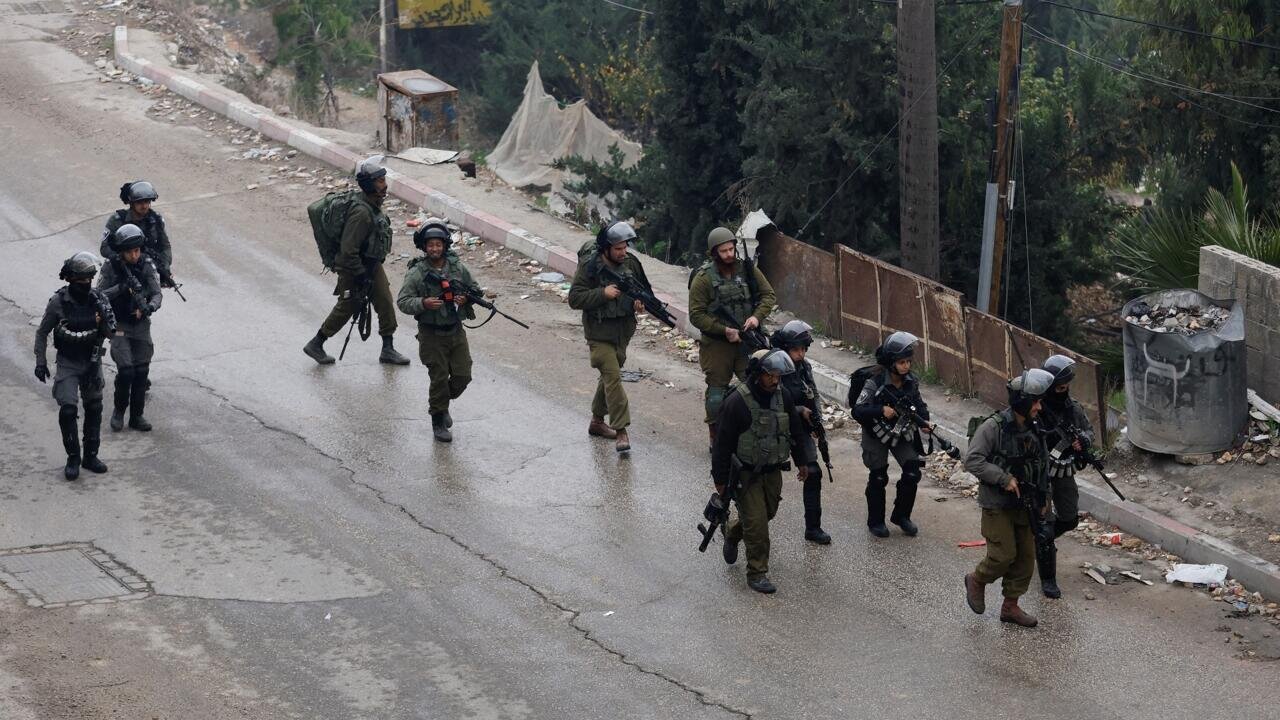
LONDON - U.S.
policy under Trump significantly differed from Biden's and the broader deep state.
The Obama administration gave Turkey the role of sponsoring Sunni political Islam to counter the Axis of Resistance, while Trump was firmer in opposing Turkeys Middle East ambitions.
Trump views Syrias new rulers as terrorists and prefers a Syrian government backed by the Persian Gulf Arab states over Turkey.Trump's Plan A for Syria likely involves dialogue between regional sponsors, like Turkey and Qatar versus Saudi Arabia and the UAE.
The latter with Egypt are watching developments with suspicion and caution but lack significant control over the situation.
Once a Persian Gulf-friendly regime is in place, a peace deal with Israel might follow.
The U.S.
would monitor Turkey's actions in Syria to protect its allies, and Syria would remain divided until it is stabilized.Plan B for Syria under Trump, if the conflict continued, could consist of Syria partitioned into four zones: Turkish-controlled, U.S.-backed Kurdish areas, Israeli-controlled, and a lawless zone.
Trump will unlikely withdraw U.S.
forces unless they are under threat.
Instead, the U.S.
would limit Turkish influence without direct intervention, supporting the Kurds in their areas and maintaining a presence in the Euphrates region, including Raqqa, Hasakah, and Deir ez-Zor, with Kurdish control.Turkey played a central role in ousting the Syrian regime, seeking to dominate Syrias new leadership, that it desires to be fully subservient to its interests.
Unlike Iran, Turkey prefers direct interventions, aiming to annex Aleppo and Hama, if granted international approval.
It also aims to dissolve Kurdish groups like the U.S.-backed Syrian Democratic Forces.
However, the SDF will not be disbanded or integrated into the Syrian army, as the U.S.
still needs them, and Turkey opposes their inclusion.Israel is involved, extending its presence from the Golan Heights to Daraa.
It seized opportunities to expand its influence and gained control over water sources in elevated regions.
It aims to maintain its presence, viewing it as compensation for unfulfilled goals in Lebanon.
The new Syrian regime will neither challenge nor confront the entity, even verbally, though local resistance could emerge.Europe, particularly France, is closely monitoring developments.
France may push for partition to limit Turkeys control.
It has already contacted some Druze leaders, encouraging them to seek French protection.
A coastal Alawite region could emerge, possibly under French or Turkish oversight.Russia's role in Syria is uncertain, as its influence in the region wanes.
Its presence in Syria had a significant impact and was advantageous for its political, economic, and military influence in the Middle East and the Persian Gulf.
Its arms sales to the countries in the region had started as a strong competitor to Western weapons.
The Russians dreamed of reaching the Mediterranean and warm waters, and they achieved this, therefore it is unclear why Russia withdrew.
Even if the matter is related to a deal about Ukraine with Trump, it does not justify such a significant loss.Iran has effectively withdrawn from Syria, though it retains networks and individuals it worked with during its long presence.
However, Iran avoids fighting on behalf of those unwilling to defend themselves.
Unlike other powers, Iran prefers to engage locally to form goal-oriented groups for fighting terrorism or the occupation entity, rather than establish permanent military bases.
Irans presence was invited by the previous regime for defense purposes, but it left months before the fall of the regime.
Irans previous role ended with the collapse of the regime, and its new role remains undefined.Julani and his groups, with a history of terrorism, now dominate Syria but face internal divisions.
The West and the global order are receptive to Julani, as he complies with their demands, potentially prolonging his rule.
However, military success does not guarantee a lasting political role, and his position may diminish.
He is someone who lacks practical depth or a credible public image.
Full compliance with Western demands could extend the governments lifespan but exacerbate internal contradictions.
Internal political dialogue tied to regional sponsors is expected but unlikely to succeed.
Instability will likely persist, with chaos ensuing, however official and declared partitioning of Syria is not anticipated.*The views expressed in this article are those of the writer.

 6
6







